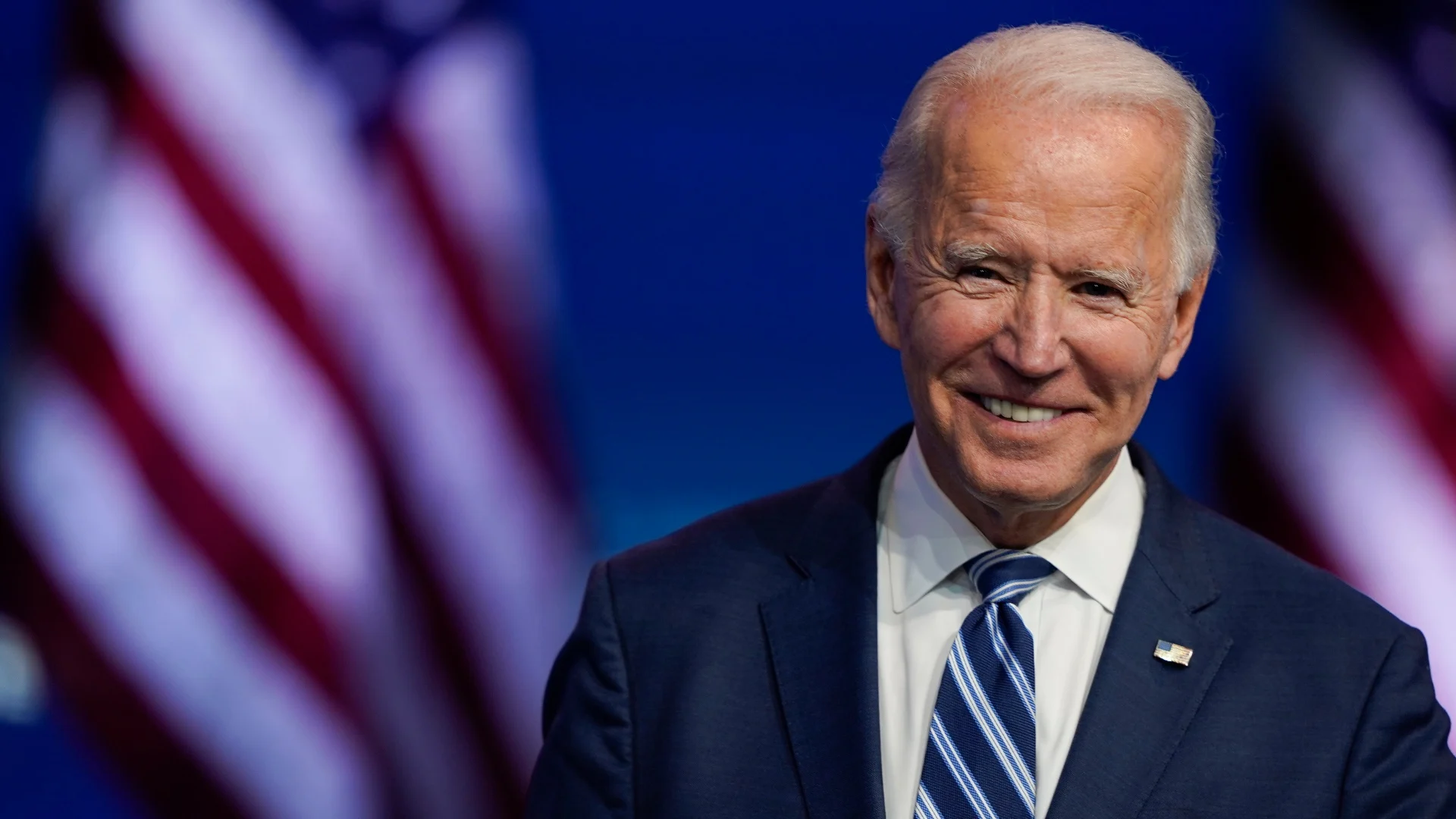President Biden's Bold Move - Reasserting U.S. Presence In Global Geo-Strategy Through Central Asian Summit
President Biden's strategic move to reposition the U.S. in global geo-strategy through high-level talks with Central Asian leaders.
Sep 19, 202314355 Shares231525 Views
In a bold move that signifies a significant shift in U.S. foreign policy, President Joe Biden has initiated talks to establish a trade corridor connecting India, Saudi Arabia, and Europe. This strategic initiative marks Washington's entry into the global geo-strategic arena, positioning itself to counterbalance rivals on the world stage.
After two decades of focusing on counterterrorism efforts, the United States is now playing catch-up in the evolving intercontinental rivalry. The recent emphasis on forging a trade corridor underscores the importance of making intelligent counter-moves in this complex geopolitical landscape.
President Biden's decision to host the U.S.-Central Asia summit (C5+1)during the current United Nations General Assembly (UNGA) with the Presidents of the five Central Asian countries - Uzbekistan, Kazakhstan, Turkmenistan, Kyrgyzstan, and Tajikistan - is particularly noteworthy. This summit aims to lay the groundwork for enhancing diplomatic ties, fostering economic partnerships, and addressing shared securityconcerns.
Central Asia, situated amidst some of the world's major powers, including Russia, China, Iran, and Afghanistan, is actively seeking external allies. The region's geopolitical significance cannot be overstated, as it encompasses vital resources such as Kazakh oil, Turkmen gas, and Uzbek gold. Until recently, these resources remained essentially landlocked, subject to the influence and control of neighboring superpowers.
A strong, prosperous Central Asia presents a new challenge for Russia and China in their own backyard. It diverts their attention from their outward-directed power moves toward Europe and Asia, including Taiwan. With economic and security independence, Central Asia becomes a pivot that helps stabilize the region and maintain a balance of power.
Central Asian nations themselves took the initiative to form a united trading bloc, creating a cohesive market of 70 million people. This move not only prevents individual bullying but also encourages foreign investment. It transforms regional isolation into an advantage by promoting cooperation among the 'Stans.
Uzbekistan's President Shavkat Mirziyoyev played a crucial role in these developments by opening up borders, fostering trade, and encouraging foreign investment. The region's demonstrated political continuity, currency stability, and commercial rule of law have attracted attention from global investors.
Central Asia's potential as a travel hub and a hub for self-starting industries is significant. Uzbekistan, for instance, is positioning itself as a potential east-west north-south travel hub, challenging established players like Dubai. Additionally, English-language tech colleges are proliferating, attracting businesses looking to escape the shadow of Russia and China.
However, it's essential to acknowledge that human rights issues continue to be a concern in the region. While the West cannot ignore these issues, it must balance its expectations with geostrategic imperatives. Leading states in Central Asia, such as Kazakhstan and Uzbekistan, have made notable improvements in human rights and governance since the Soviet era.
The United States can play a crucial role in supporting Central Asia's development. The negotiation of Uzbekistan's entry into the World Trade Organization (WTO) should be expedited. Initiatives like the Development Finance Corporation (DFC) should be revitalized to foster business loans in the region. Furthermore, it's time to repeal the Cold War-era Jackson-Vanik amendment, which hinders normal trade relations between the Central Asian states and the U.S.
President Biden's decision to elevate the C5+1 format to the presidential level is commendable, signaling a renewed commitment to geo-strategic goals. Concrete steps, such as repealing the Jackson-Vanik amendment, must follow to strengthen the partnership between the United States and Central Asia.
The world watches closely as the United States takes its place in the evolving global geo-strategic landscape, with Central Asia emerging as a pivotal region in this transformative journey.
Latest Articles
Popular Articles